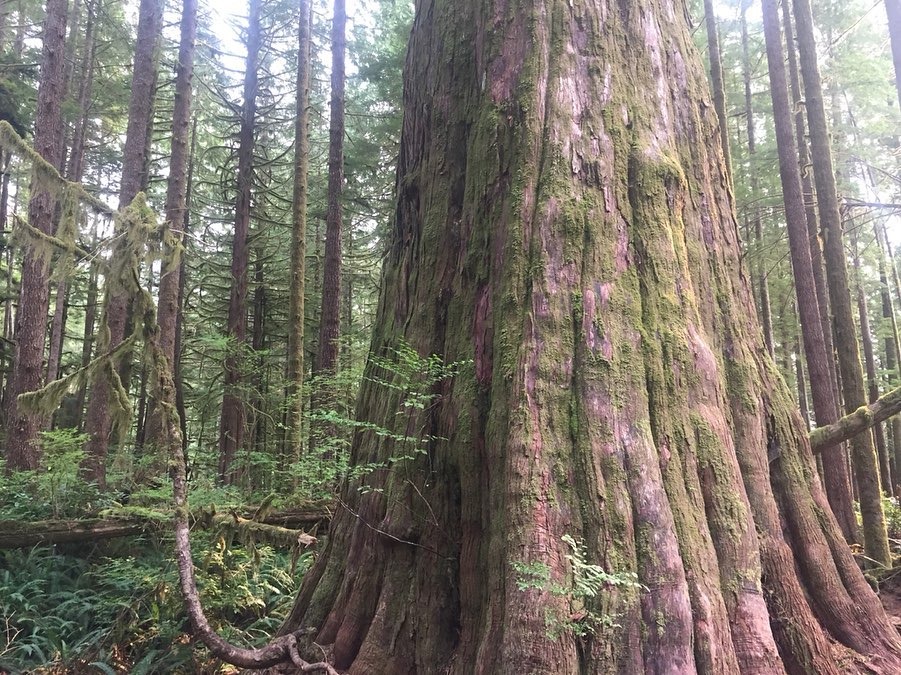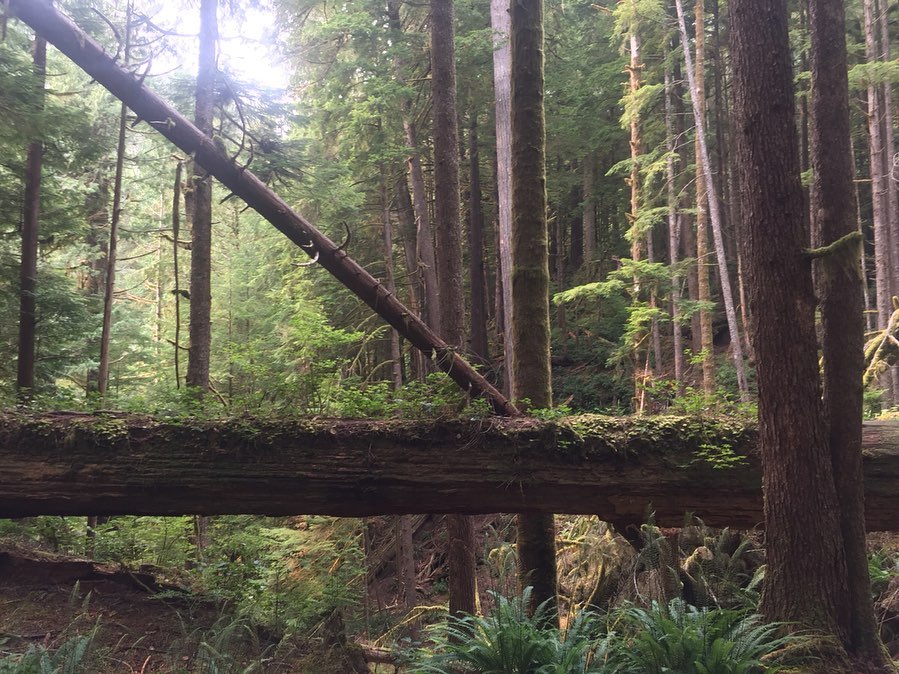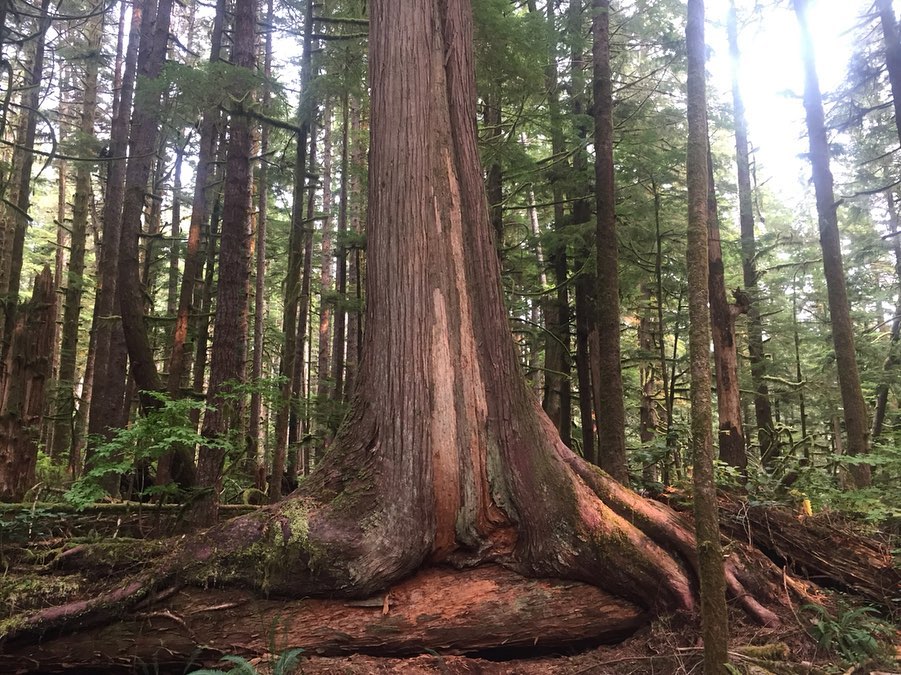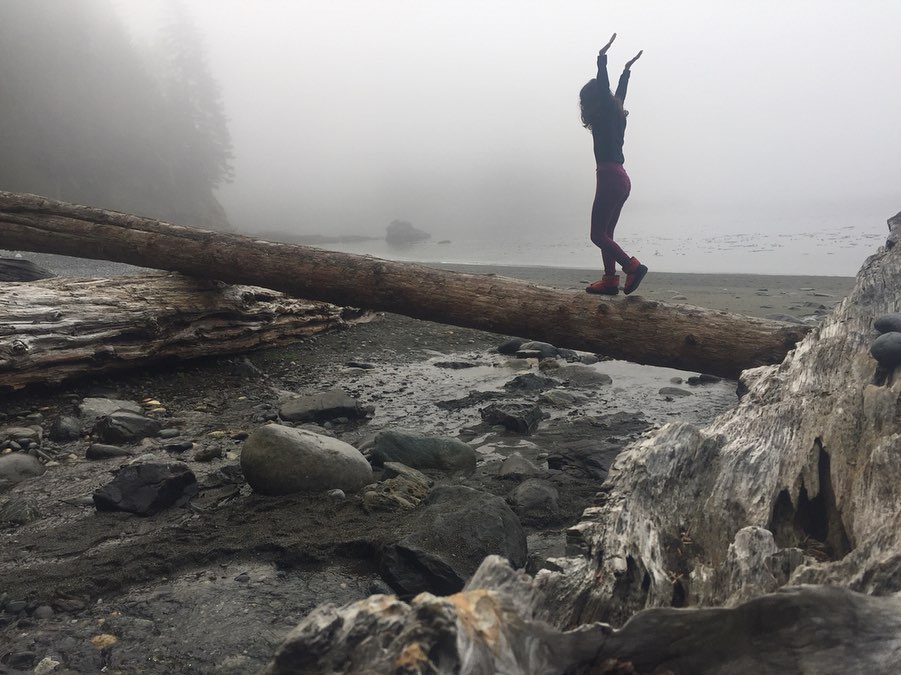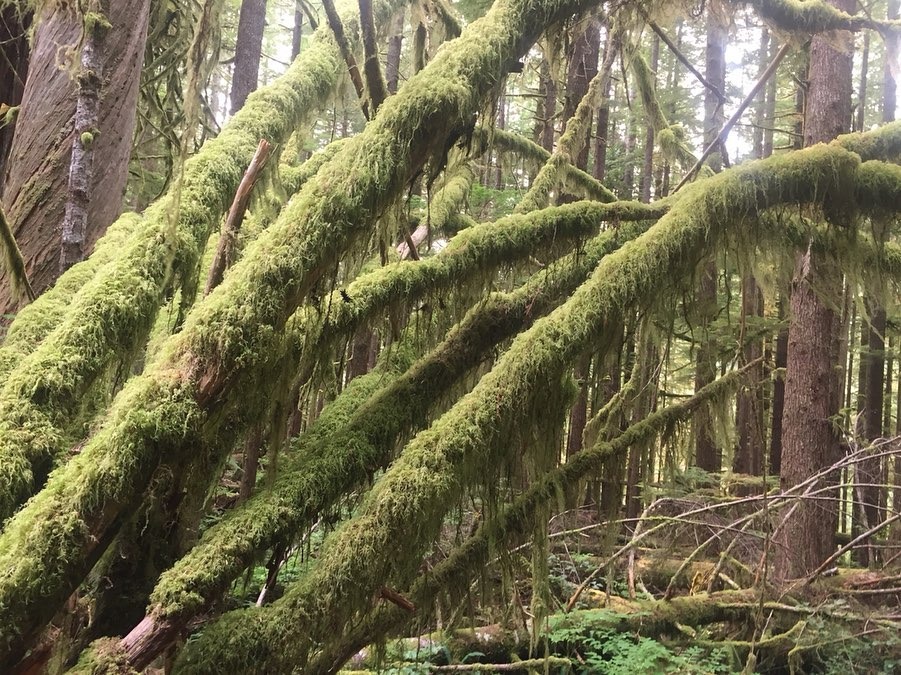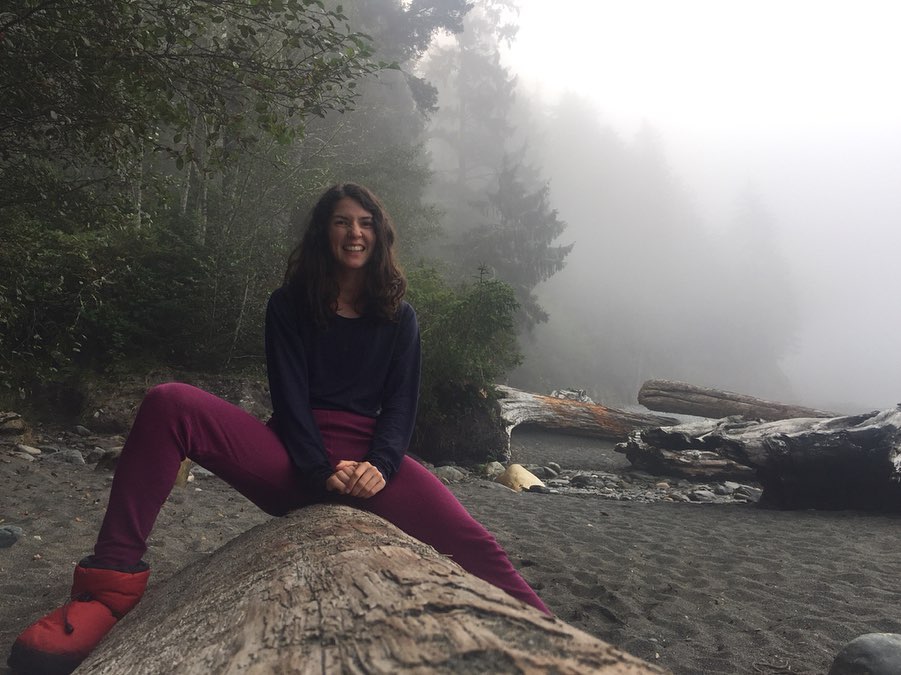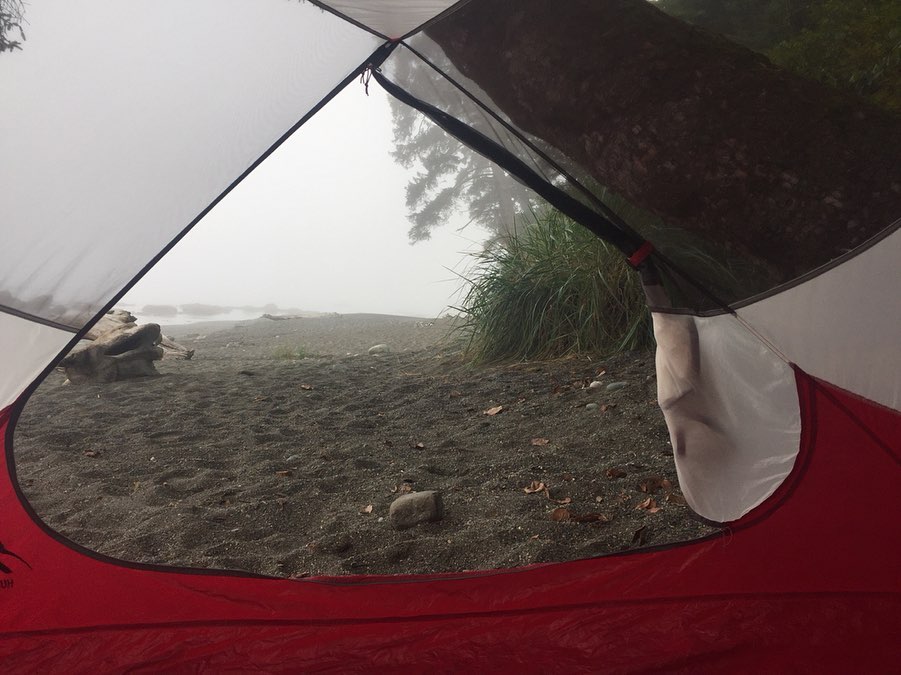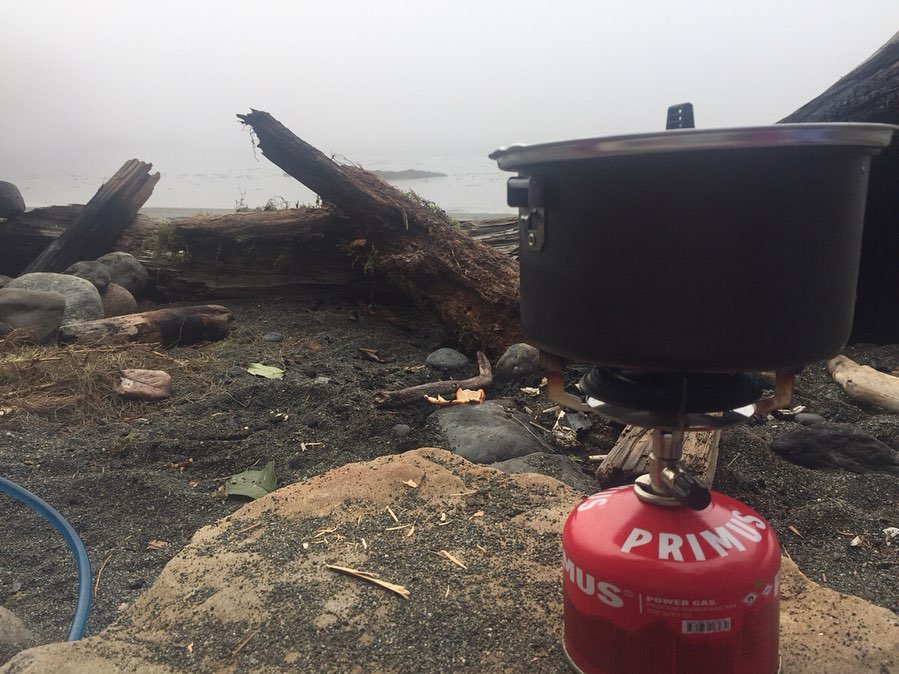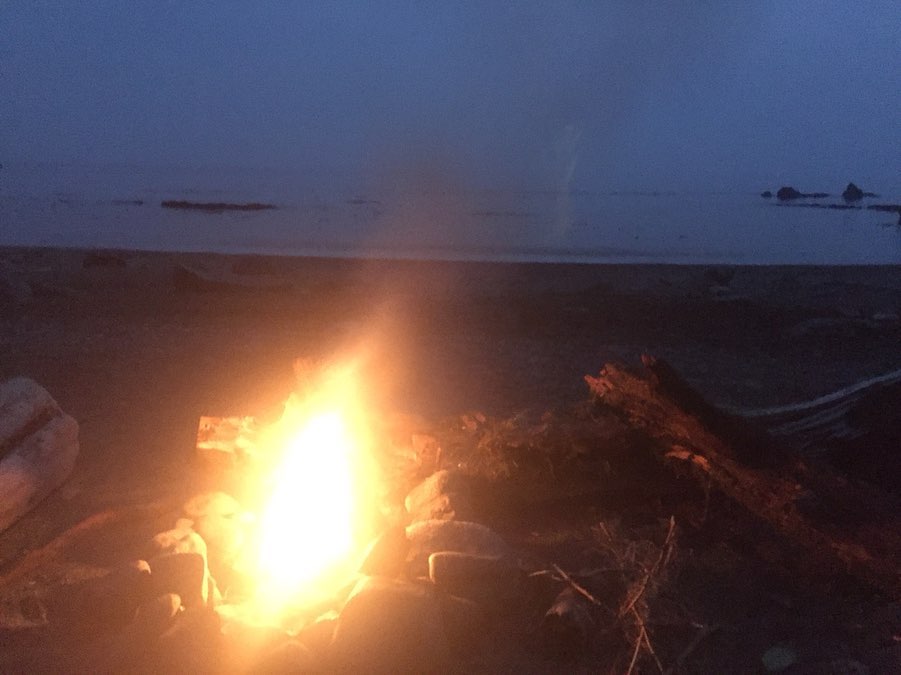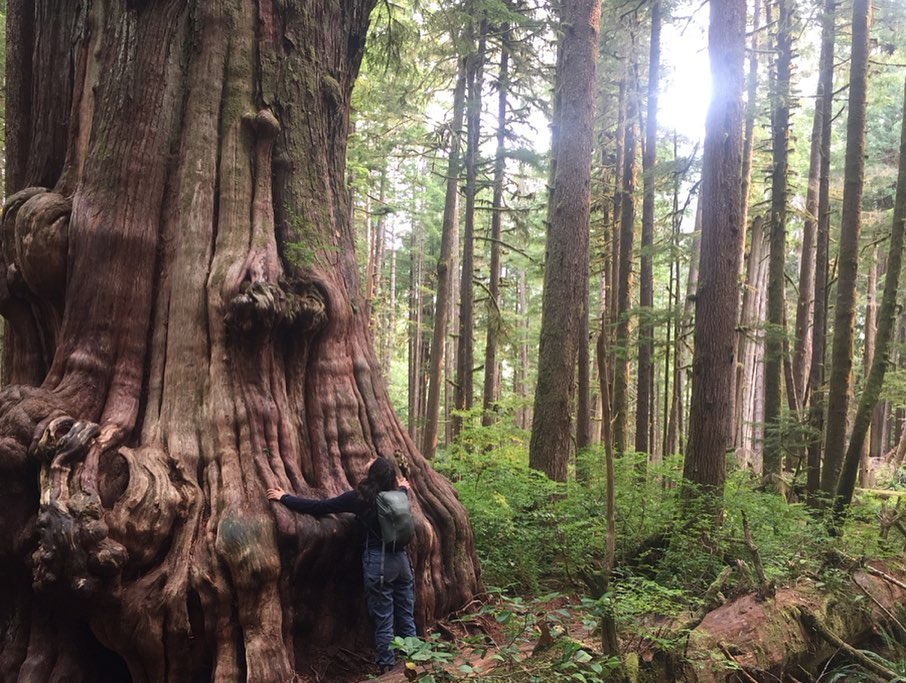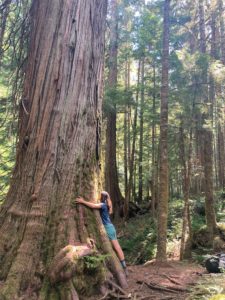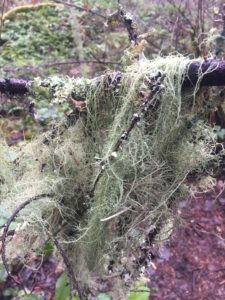I was sitting in Avatar Grove last week with my back against a cedar tree that had to be well over 500 years old while in the background I listened to the cacophony of deforestation. To witness the ecological complexity and abundance of an ecosystem that has developed and maintained such homeostasis over thousands of years with a soundtrack of chainsaws and trees falling in the background certainly drives home the importance of preserving our old growth forests. Avatar Grove is only still standing, now off-limits to logging, due to the efforts of Ancient Forest Alliance and the public, who put such pressure on the government and industry to force conservation measures.
An independent report released in April of this year revealed that only 3% of BC can support the type of big trees and high productivity that we associate with old growth forest (rather than the government’s figure of 23%, which includes low-productivity areas like high elevations in their old growth calculation). Of this 3%, only 2.7% (35,000 ha) of the trees are actually old as intensive logging has destroyed many of these forests.
While some may justify this logging for the sake of the economy, there is no way that our current economic system nor epistemology accounts for the inherent value of these forests. From our limited understanding of Gaia, these habitats are vital for invaluable functions such as wildfire resistance, biodiversity, and carbon sequestration. The world’s forests are our lungs, and I recently learnt that fungi in forests actually send up spores to seed clouds, thereby affecting our weather systems.
Imagine how much more there is that we don’t understand about the intelligence of nature. We fail to acknowledge the interconnectedness of our world. Perhaps it was fitting that I was reading a book on spiritual ecology out there under that cedar. To borrow a quote from Chief Seattle that encapsulates one of the main tenets: “Man does not weave this web of life. He is merely a strand of it. Whatever he does to the web, he does to himself.”
Every once in a while I nip away to enjoy some peaceful solitude and reconnect with nature. I find it refreshing to be away from the overstimulation of the city, which I’ve found myself getting more sensitive to: cell service and the consequent compulsion to check my phone, the incessant buzzing of electronics, the constant feeling that I am simultaneously doing too much and not enough at any given moment. I’ve been working to develop daily habits to help with this, but to me there’s still nothing more grounding than heading out to the land and nourishing myself on a more basal level. The more time I spend in nature, the more I understand my obligation to act as a steward for the planet and tend the generations of the past, present, and future.
